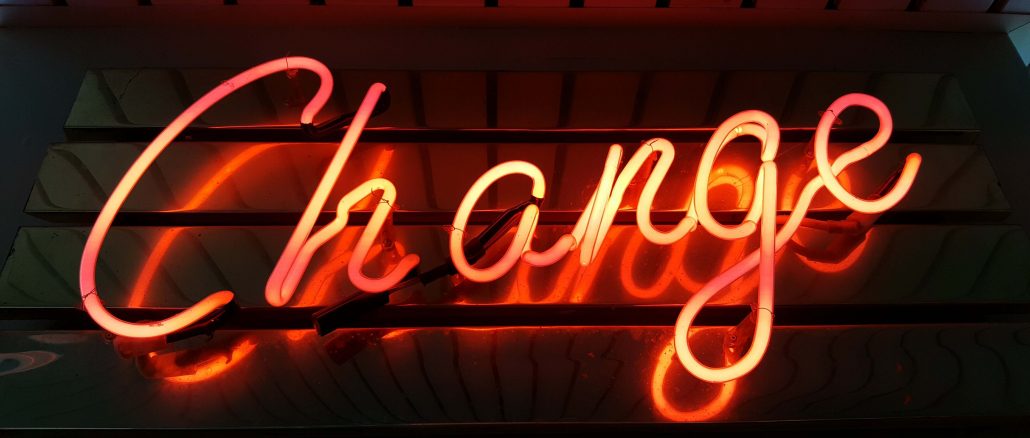
[dropcap]A[/dropcap]s human beings, we don’t give ourselves enough credit when it comes to coping with change.
Our whole species was brought into being after millennia upon millennia of evolution. Adapting to changes in our surroundings, while difficult for the modern-day homosapien, is a skill that is embedded in our genetic history.
Change is inevitable and accepted as a part of life. As college students, the fast-paced nature of youth means that we are consistently evolving. That being said, the demolition of life as we know it caused by a certain pandemic could not have been anticipated by anyone and feeling overwhelmed by the foreign territory dubbed as “the new normal” is natural and quite universal.
Constantly coping with so many adjustments is no easy feat, which is why I spoke to counsellor and psychotherapist, Olivia Feehan, who has offered some tips for those who are struggling to adapt as we face into a new college experience.
There is not one person who remains untouched by Covid-19. We are all still mourning things that we have sacrificed or that have been taken from us by the pandemic, which can make moving forward into such unusual times even harder. According to Olivia, this is totally natural, and she reassured that it is possible to move on while feeling the pain of our grief, but we must acknowledge our losses for recovery to begin.
“We can re-adjust to our life [after experiencing] loss, making new connections and creating new meaning. As humans, we can do both – honour time to grieve and create space to move forward,” Olivia explained.
But while we adjust to our new lives, it is hard not to think about pre-pandemic times and compare our former lifestyles to our current circumstances. Falling down a rabbit hole of comparability is to be expected during times of transition, according to Olivia, and a way we can save ourselves from doing so is by being in the present.
Olivia then went on to share some techniques to help root oneself during times of commotion and refocus. She explained how different approaches work for different people and it is good to learn your own supports, and then offered some simple grounding methods, including meditation, breathing exercises, mood journaling, as well as gently reminding ourselves that we can feel and experience multiple things at that same time and every emotion is valid.
The unpredictable nature of the world leaves a lot of room for uncertainty about what the future is going to look like, and such a lack of stability can leave a lot of people feeling anxious about what is to come.
Talking ourselves out of fits of worry is a difficult task many have grappled with as we navigate our way through the unfamiliar. For those who have not quite perfected the art, Olivia suggests learning our own supports, being kind to ourselves and accepting our feelings for what they are.
“Often, we don’t allow ourselves to be how we truly are, [we find ourselves] trying to be how we ‘should’ be. If this rings true for you; be patient as you are breaking old patterns and creating new ways of treating yourself,” Olivia advised.
The fact that change is inevitable does not make it any less onerous. If you find yourself overwhelmed by the new normal, know that you are not alone.
If a single celled organism can adapt to spark the evolution of the human race, we can get used to something as horrid as online learning. Whether it be Zoom lectures or new restrictions that has you feeling hopeless, remember to breathe, be patient and keep on keeping on.
Olivia Feehan is a qualified holistic and integrative counsellor and psychotherapist based in Athlone, Co. Westmeath and Banagher, Co. Offaly. Themes she frequently works with during therapy with clients include anxiety and depression, life transitions, body image, grief and personal development. You can contact Olivia via Instagram (@oliviafeehan_counselling) or through her website (oliviafeehancounselling.ie).
Sarah McGuinness
Image credit: Ross Findon on Unsplash



